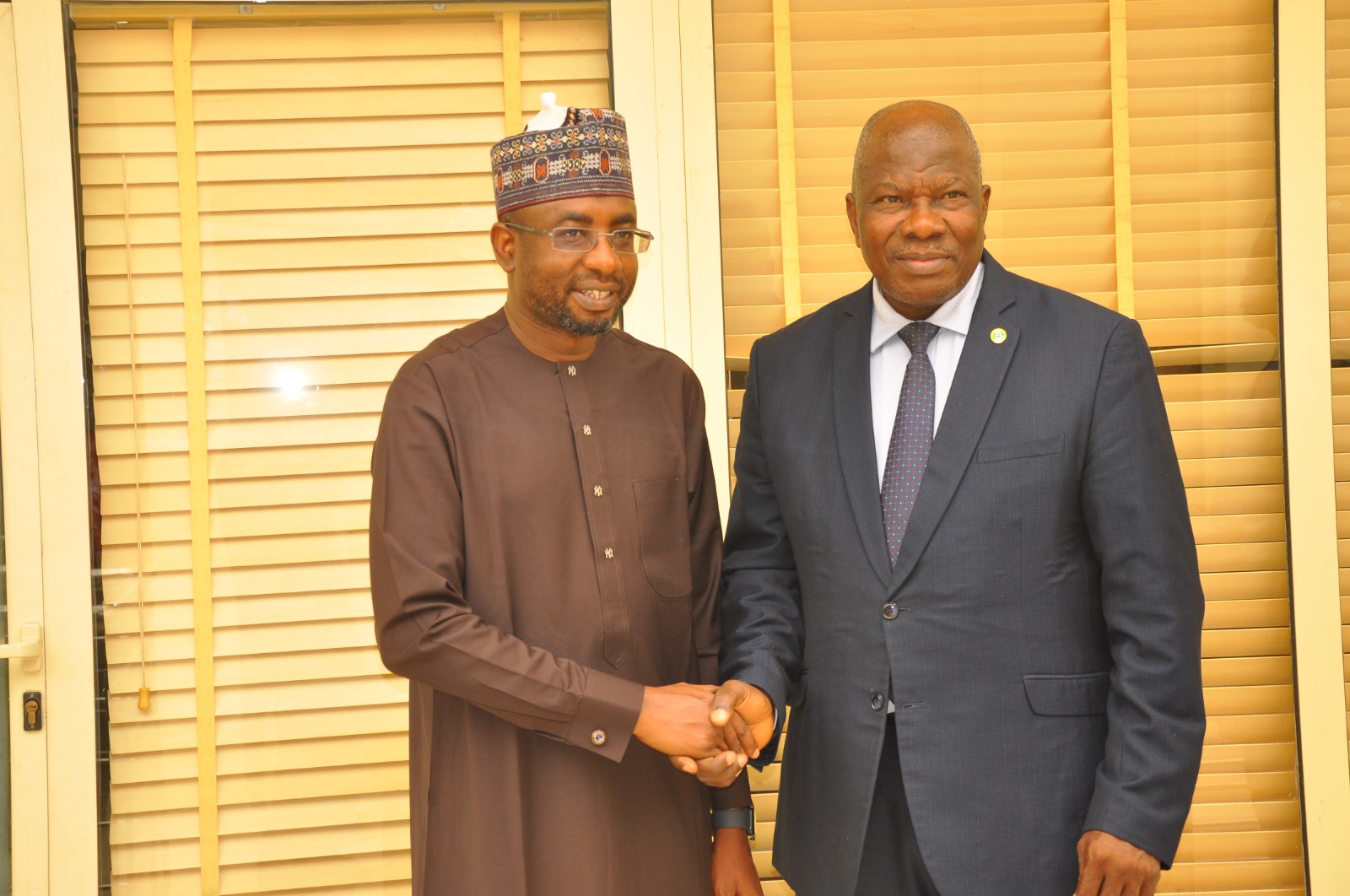PenCom Vows To Curb Old-age Poverty In Informal Sector

The National Pension Commission (PenCom) has expressed its determination to eliminate old-age poverty in the Informal Sector of the nation’s economy, through the effective implementation of the Micro Pension Plan (MPP).
PenCom’s Director-General, Mrs. Aisha Dahir-Umar, stated this at a workshop for Abuja Pension Journalists with the theme: “Increasing Informal Sector Participation in Contributory Pension Scheme (CPS): The Case for Micro Pension Plan”, Thursday in Abuja.
Represented by the Head, Corporate Communications Department, Abdulqadir Dahiru, the PenCom boss said, the MPP would assist workers in the informal sector, including small-scale businesses, entertainers, professionals, petty traders, artisans, and entrepreneurs to contribute while working and build long-term savings to fall back on when they become old.
She added that the Commission was strategising to provide incentives such as health insurance to boost confidence in the participation of the MPP.
“Strategic efforts to drive the Micro Pension Plan (MPP) remain one of the important areas of focus of the Commission.
“The MPP was conceptualised to expand pension coverage to the informal sector, including small-scale businesses, entertainers, professionals, petty traders, artisans, and entrepreneurs.
“The MPP was implemented to curb old-age poverty by assisting the workers, as mentioned above, to contribute while working and build long-term savings to fall back on when they become old.
“To boost confidence in the participation of the MPP, the Commission is strategising to provide incentives such as health insurance”, she said.
Mrs Dahir-Umar noted that the recent recapitalisation exercise in the sector would bring about increased effectiveness and efficiency as well as improved service delivery in the industry.
“As you know, PenCom increased the Minimum Regulatory Capital (Shareholders’ Fund) requirements of PFAs from N1 billion to N5 billion last year. The recapitalisation exercise had a 12-month transition from April 27 2021, to April 27 2022.
“As of the deadline, all PFAs have complied with the Commission’s directive to increase the Minimum Regulatory Capital (Shareholders’ Fund) from N1 billion to N5 billion.
“The recapitalisation exercise was to ramp up the capacity of the PFAs to manage the increasing number of registered contributors and pension fund assets, the value of which I am pleased to inform you stood at 9,795,957 and N14.27 trillion, respectively, as of June 30, 2022”, she said.
She gave the key highlights of the Revised Regulation recently issued to Pension Fund Administrators (PFAs) for immediate implementation, to include: “clarifications and simplification of documentation processes, RSA consolidation before payments of retirement benefits, accrued pension benefits for private sector contributors, and additional lump sum payments.
“The Revised Regulation also contains several new provisions on Pension Enhancement, Voluntary Contributions, payment under the Micro Pension Plan (MPP), payment of benefits of missing persons, and payment of Nigeria Social Insurance Trust Fund (NSITF) benefits.
“The Revised Regulation also introduced Administrative Sanctions on PFAs who disregard the provisions of the Regulation. The sanctions are to ensure that PFAs promptly process the payment of retirement benefits to retirees”, she said.
The workshop was organised to educate the journalists on the MPP and enlist their support to make the Plan popular amongst informal sector workers and the self-employed.





